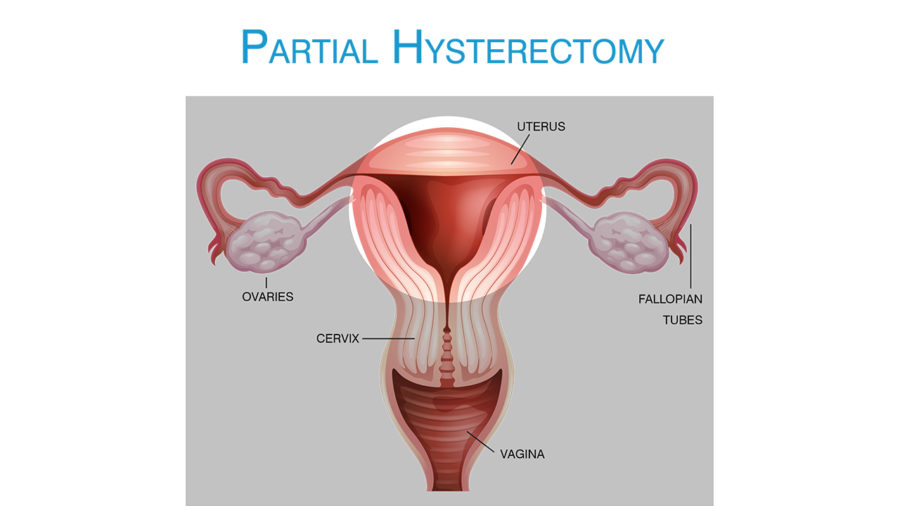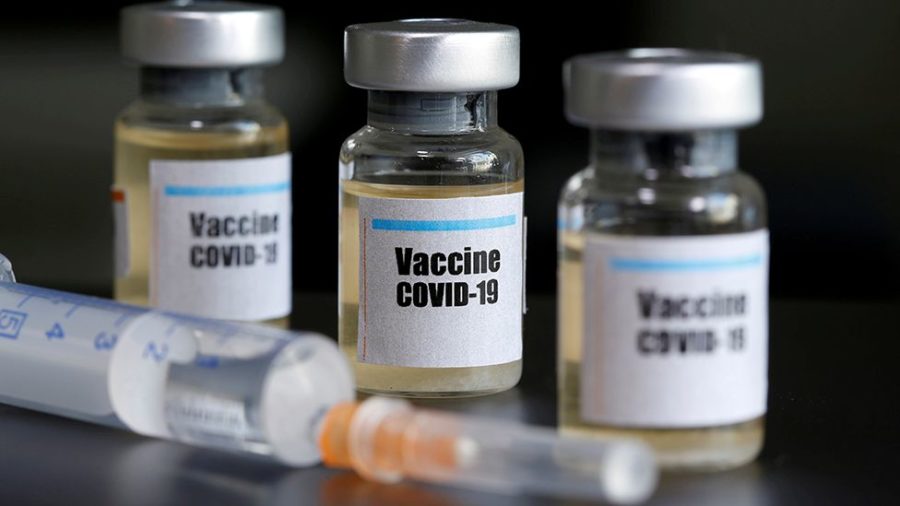An increasing amount of young U.S. women choose to participate in a historically-unusual trend — remaining child free.
According to a study published in 2015 by Urban Institute, between 2007 and 2012, the U.S. birth rate dropped by 15 percent. The study suggested that in 2012, in part due to the Great Recession, women in their 20s gave birth at the slowest rate than any previous generation of U.S. women.
Yet many of these women had reasons beyond economic stagnation for not wanting children. Some women completely lack this desire. Many of these women seek a permanent solution through sterilization, but they are often denied due to their age, lack of children or the willingness of a doctor to perform the procedure.
Hattiesburg resident Ashley Green said she has tried seven different doctors over the years.
“Legally, you can get [the procedure] at 25,” Green said. “I’ve been trying to find a doctor that will sterilize me since the age of 21. I’ve never wanted kids and was hard pressed to find a doctor who would accommodate me. I am 30 years old
now. I still can’t get sterilized.” Sterilization comes in more than one form. One of the most common procedures, tubal ligation, colloquially known as having one’s tubes tied, requires doctors to clip, band or burn the tubes shut. Women can also choose to get tubal implants as an alternative to the surgical procedure. According to WebMD, a gynecologist, family practice physician or general surgeon can perform this procedure. Although many doctors are able
to administer the procedure, most women, especially those without children, have difficulties finding a willing doctor.
A woman who wished to remain anonymous said her gynecologist was the only one she spoke to about the procedure.
“After a horrible experience, I never wanted [to have] kids,” the woman said. “[Doctors] don’t just let you get your tubes tied without having at least one child in your 20s, but in your 30s they say you can get it done.”
When women do get consultations for the procedures, the doctors often initially try to dissuade them.
Green said that the doctors would always say “You’re so young,” or “You’ll change your mind.”
Another doctor told her that if she got on Skyla, an intrauterine contraceptive device, he would consider sterilizing her after the device’s three-year expiration.
Women face another obstacle in obtaining the procedure: religious views.
According to the Associated Press, on Jan. 15, a judge ruled in favor of California-based Catholic hospital’s decision to deny a sterilization procedure to a woman. The judge said it infringed on the hospital’s right to religious freedom.
“To be a child-free person, or any woman who doesn’t want kids in today’s society means that you will get ostracized,” Green said. “Another factor is religion — it doesn’t help that I live in the Bible Belt. The whole ‘be fruitful and multiply’ thing doesn’t sit well with me.”
Many women who do choose to not have children have been labeled selfish by people such as Pope Francis.
“The choice not to have children is selfish,” Francis said. “Life rejuvenates and acquires energy when it multiplies: It is enriched, not impoverished.”
Yet some women have reasons for not having children other than financial implications. Many are afraid their children would inherit mental disorders.
“There are many reasons,” Green said. “Mental illness, diseases that run in the family, etcetera, and I know I wouldn’t be a good mother. My reason is that I can’t afford one. I like to do things for myself instead of other people. It makes mehappytogetupandgowhenI feel like it instead of having to drag a kid along.”
Unobtainable sterilization in the U.S. implies that women diminished freedom over their own bodies. Green said it upset her that she cannot have control over what she does with her body when it comes to her reproductive system.
“Everyone looks at me as a woman and expects me to have kids,” Green said. “I should be able to get sterilized, because it’s my body. This is why it’s so important that women have access to reproductive care and, yes, even abortion.”
Whether or not someone chooses to have children, it is important to understand the implications behind their reasoning. Some people instinctively have never felt the hand of their biological clock tick. These people want access to procedures that allow them to live child-free without having to see seven different doctors.






























